The 10 best games to play after Ghost of Tsushima
When you’re done with Ghost of Tsushima Director’s Cut, try these 10 excellent games
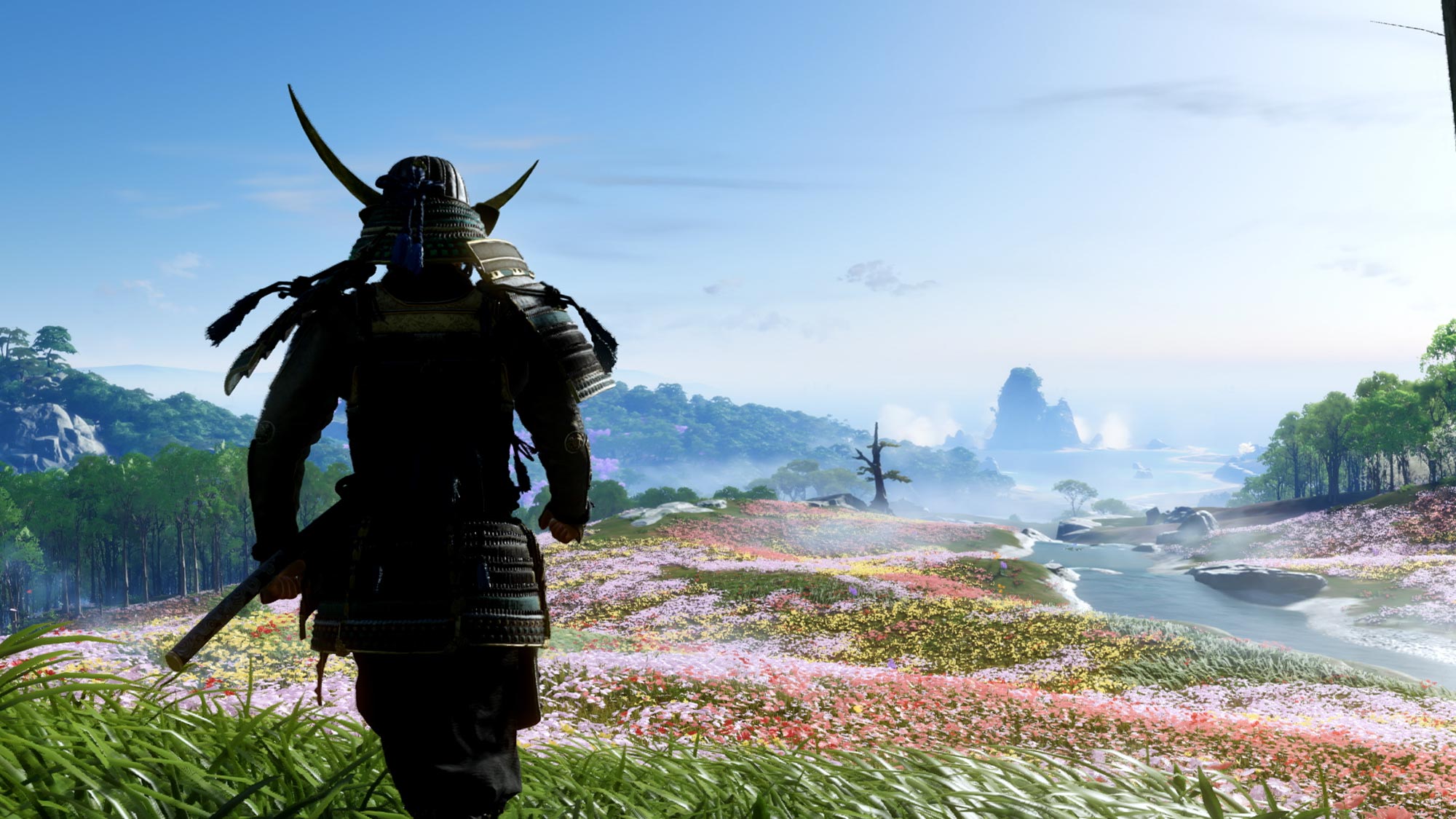
Ghost of Tsushima Director’s Cut is now out on PS4 and PS5, and it’s even better than the original game. With enhanced graphics, faster load times and a whole new island to explore, Ghost of Tsushima is well worth a replay — or a first playthrough. However, even though Ghost of Tsushima is a long game (30-50 hours), it doesn’t last forever. And once you’re done, you’ll almost certainly want to continue your open-world samurai adventures.
The bad news is while there’s no other game exactly like Ghost of Tsushima, there are plenty of games that channel some of the same ideas. We’ve put together a list of games that have something in common with Ghost of Tsushima, from samurai action games to historical sims. Whether you loved Ghost of Tsushima for its swordplay or its storytelling, there should be something on this list to suit your tastes. And if we ever get a Ghost of Tsushima sequel, these games will be a great way to gear up for it.
- Future PS5 games could get even more expensive — here's why
- Destiny 2: The Witch Queen could force me back into the game
- Plus: The best PS5 games to play right now
Age of Empires III: Definitive Edition
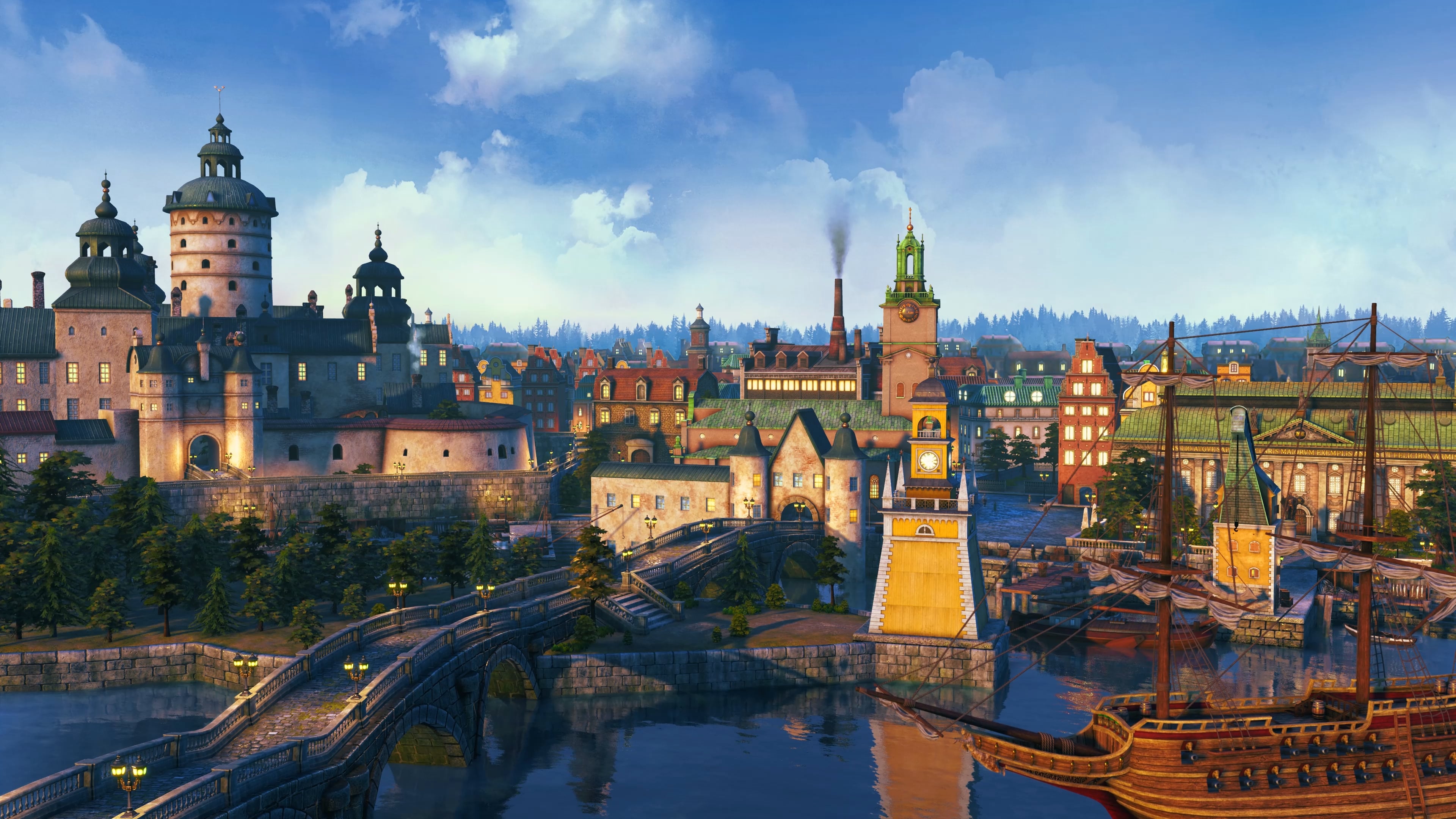
Age of Empires III: Definitive Edition includes all of the original Age of Empires III content, including The Asian Dynasties expansion. The Asian Dynasties added the Japanese as a playable race, complete with a short samurai-centric story campaign.
The game follows shogun Tokugawa Ieyasu’s rise to power, and deals with themes of honor, loyalty and the fickle nature of truth. The Japanese are also a fantastic civilization, featuring powerful swordsmen, effective riflemen and durable fortresses. While Age of Empires III takes place much later in history than Ghost of Tsushima, you’ll find a lot of the same story themes.
Assassin’s Creed Odyssey
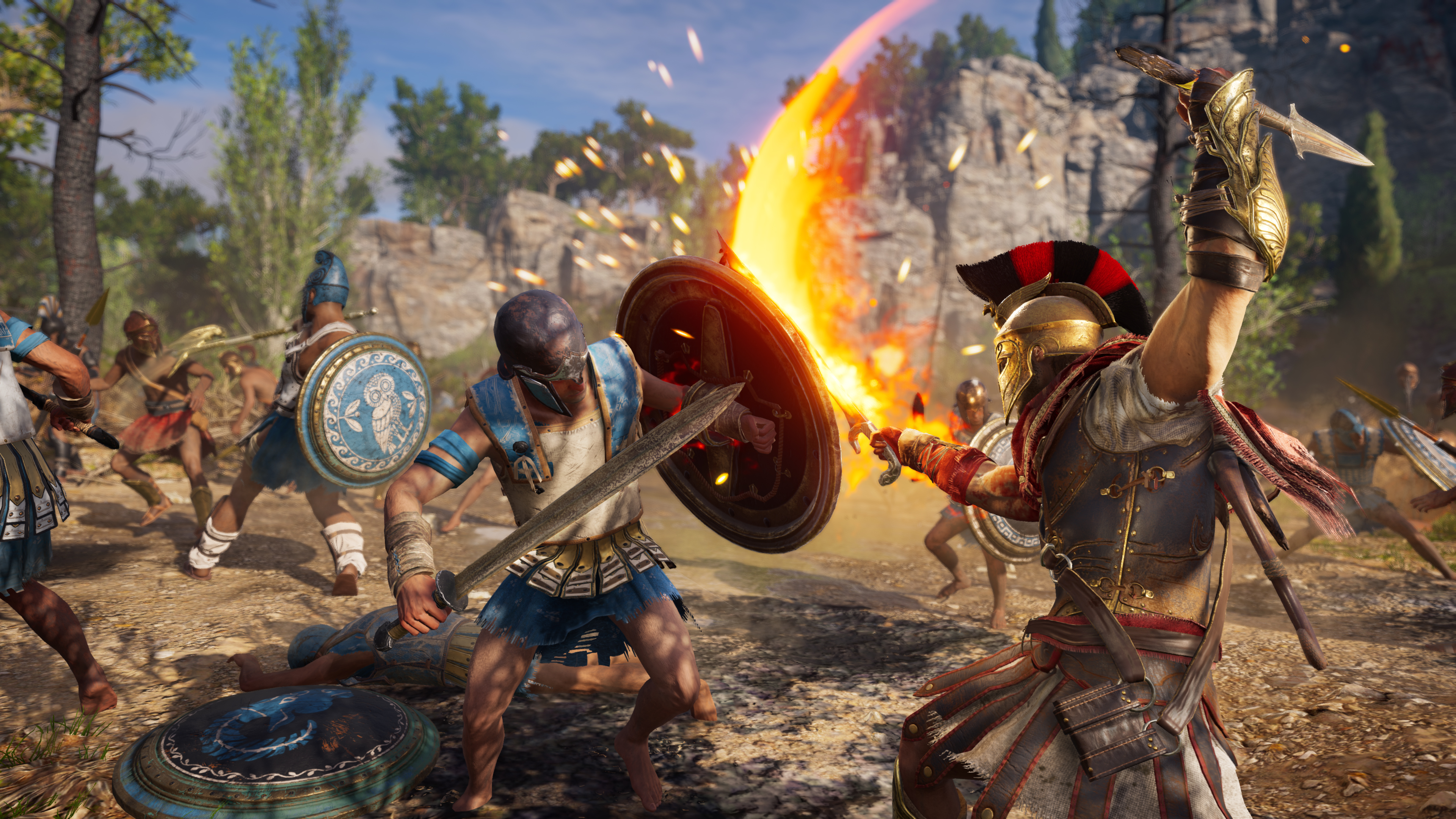
Surprisingly, there’s never been a mainline Assassin’s Creed title that takes place in east Asia. However, if Ghost of Tsushima whetted your appetite for historical open-world action sims, you can’t do much better than the Assassin’s Creed series.
While any of the games would work just fine, Assassin’s Creed Odyssey may be the closest match, tonally. Assassin’s Creed Odyssey takes place in ancient Greece rather than medieval Japan, but it also tells a family-centric story that takes place during a catastrophic war.
Be warned that Assassin’s Creed Odyssey is much longer and less focused than Ghost of Tsushima, however, so getting through the main story will take some time.
Get instant access to breaking news, the hottest reviews, great deals and helpful tips.
Dragon Age: Inquisition
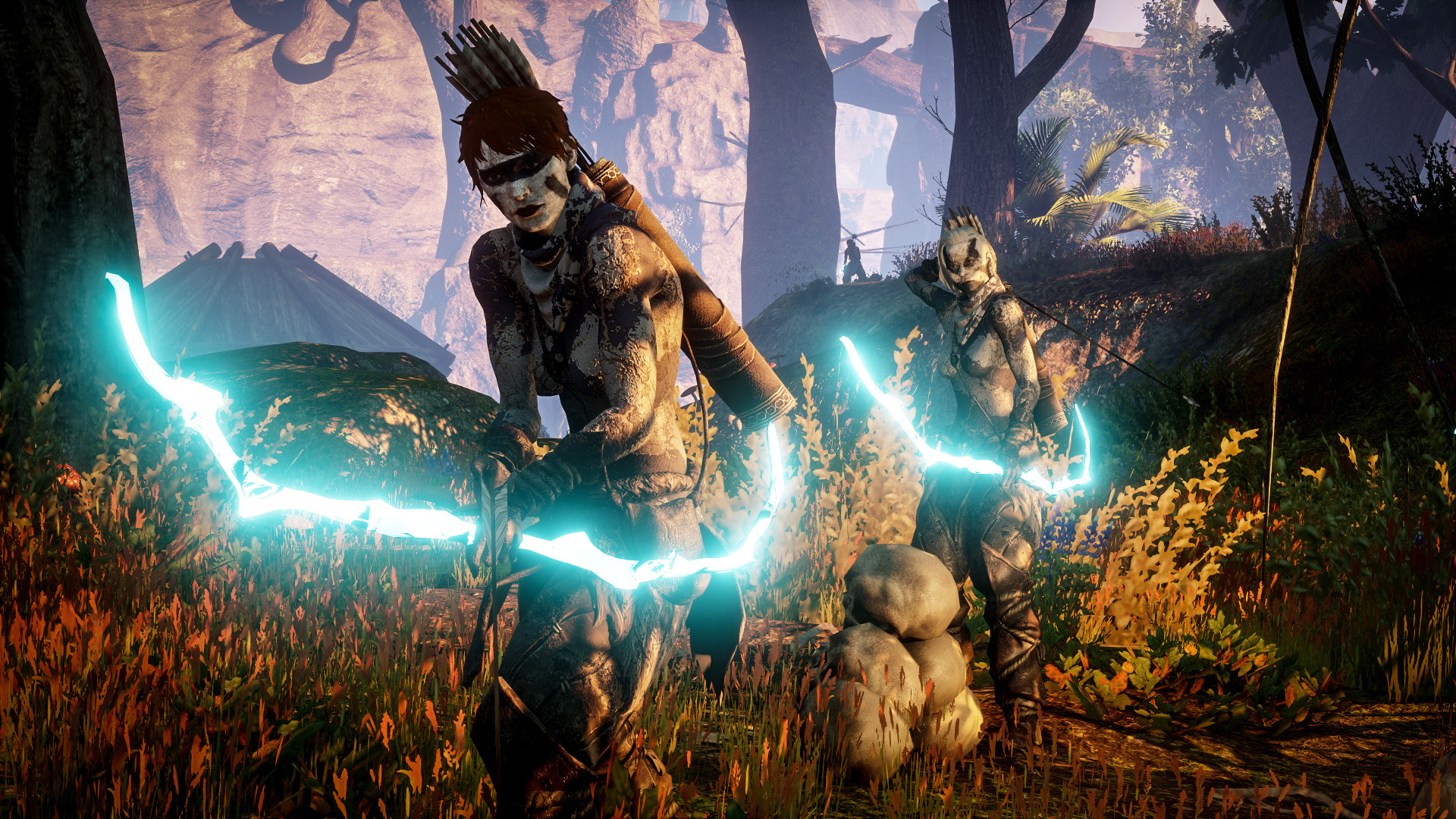
Dragon Age: Inquisition is one of the more outlandish suggestions on this list, but hear us out. It’s also a story-driven open-world game that lets you build your protagonist’s skills over time. And, yes, you can play as a swordsman, if that’s your objective.
In the third (and so far, latest) installment in the Dragon Age series, you play as the Herald: a customizable character who survives a deadly attack, and builds up a grassroots movement to combat a power-hungry demon. If running quests for the affable supporting cast was your favorite part of Ghost of Tsushima, Dragon Age: Inquisition has that in spades.
For Honor
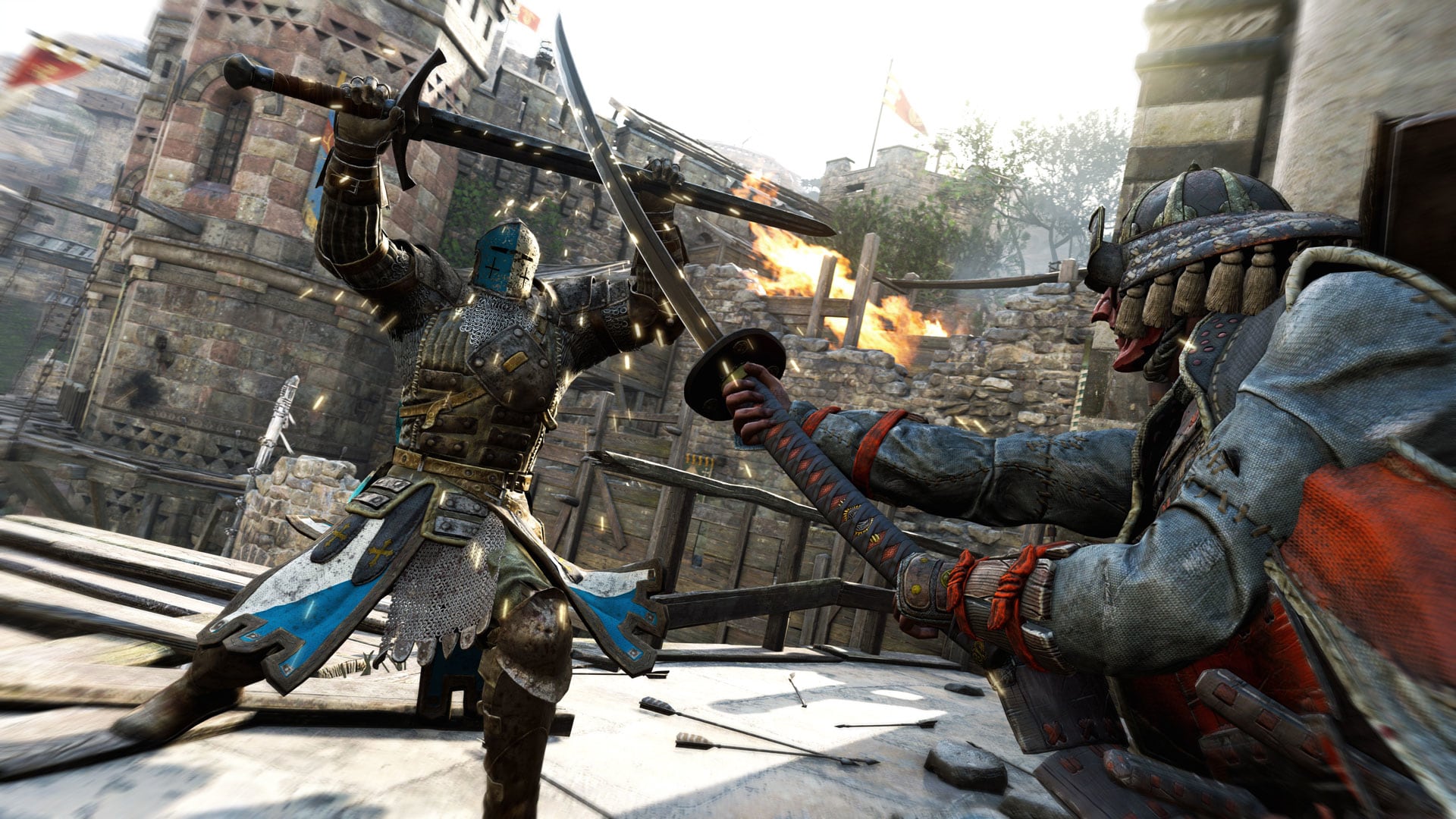
For Honor is admittedly not everyone’s cup of green tea. This competitive action game doesn’t have much of a single-player campaign, but the premise alone makes it worth checking out.
For Honor finally lets you settle the “knight vs. Viking vs. samurai” debates you’ve been having since middle school. If the tight, technical samurai swordplay was your favorite part of Ghost of Tsushima, For Honor has plenty of that.
In the game’s expansive multiplayer mode, you can choose from among four races and four classes, then hone your skills in one-on-one duels with other players. The game has a dedicated community, though, so beware of a steep learning curve.
The Legend of Zelda: Skyward Sword HD
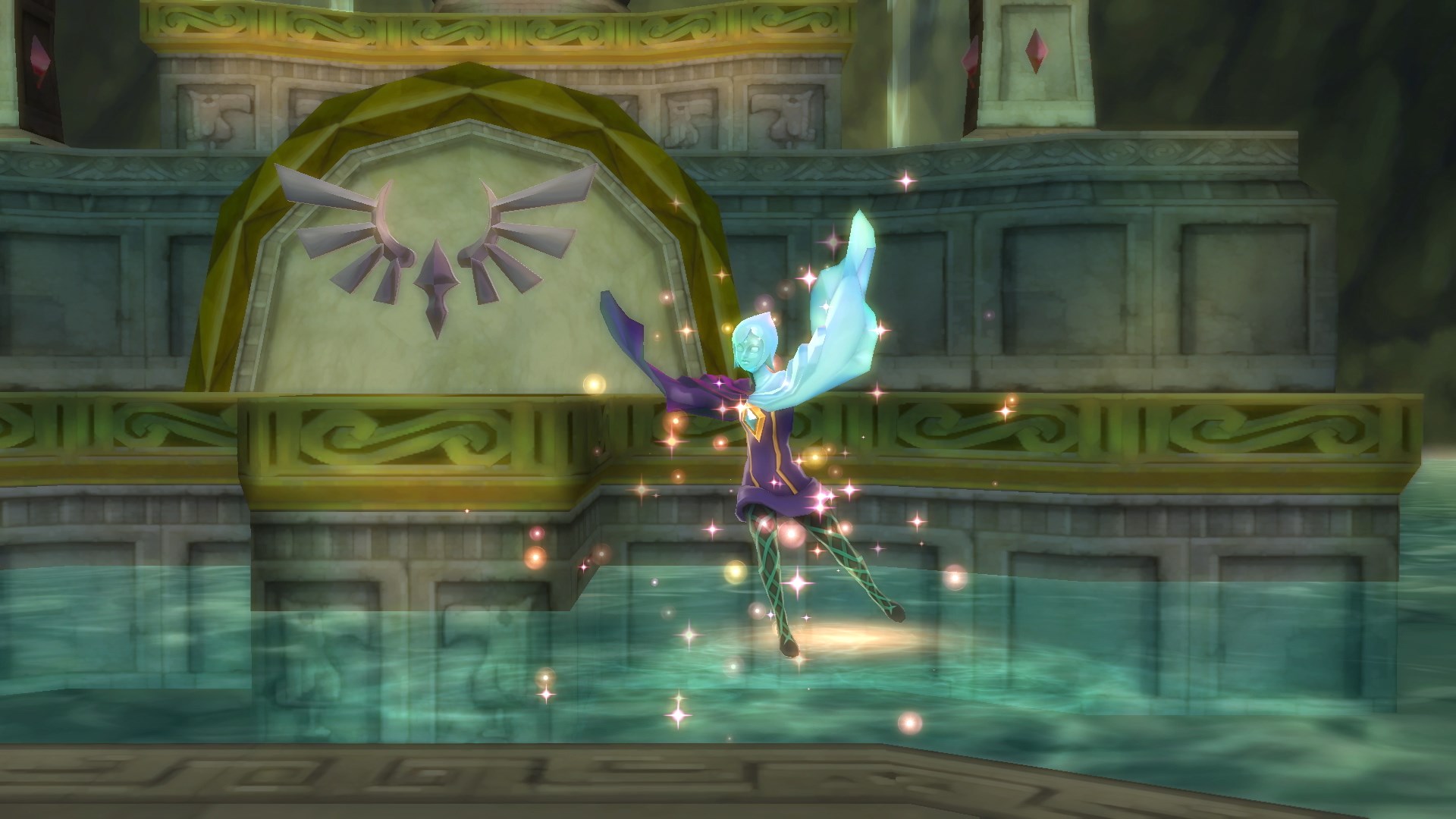
On its surface, The Legend of Zelda: Skyward Sword HD doesn’t have much in common with Ghost of Tsushima. It’s not based on real-world history, it’s not an open-world game and the story is more “epic fantasy” than “revenge in wartime.”
However, Skyward Sword HD shares one important trait with Ghost of Tsushima: technical swordplay. Just as Jin has to switch among four different stances on the fly, so too does Link have to adjust the directionality of each sword stroke. Whether you use motion controls or the right analog stick, Skyward Sword HD provides challenging and rewarding melee combat.
Mad Max
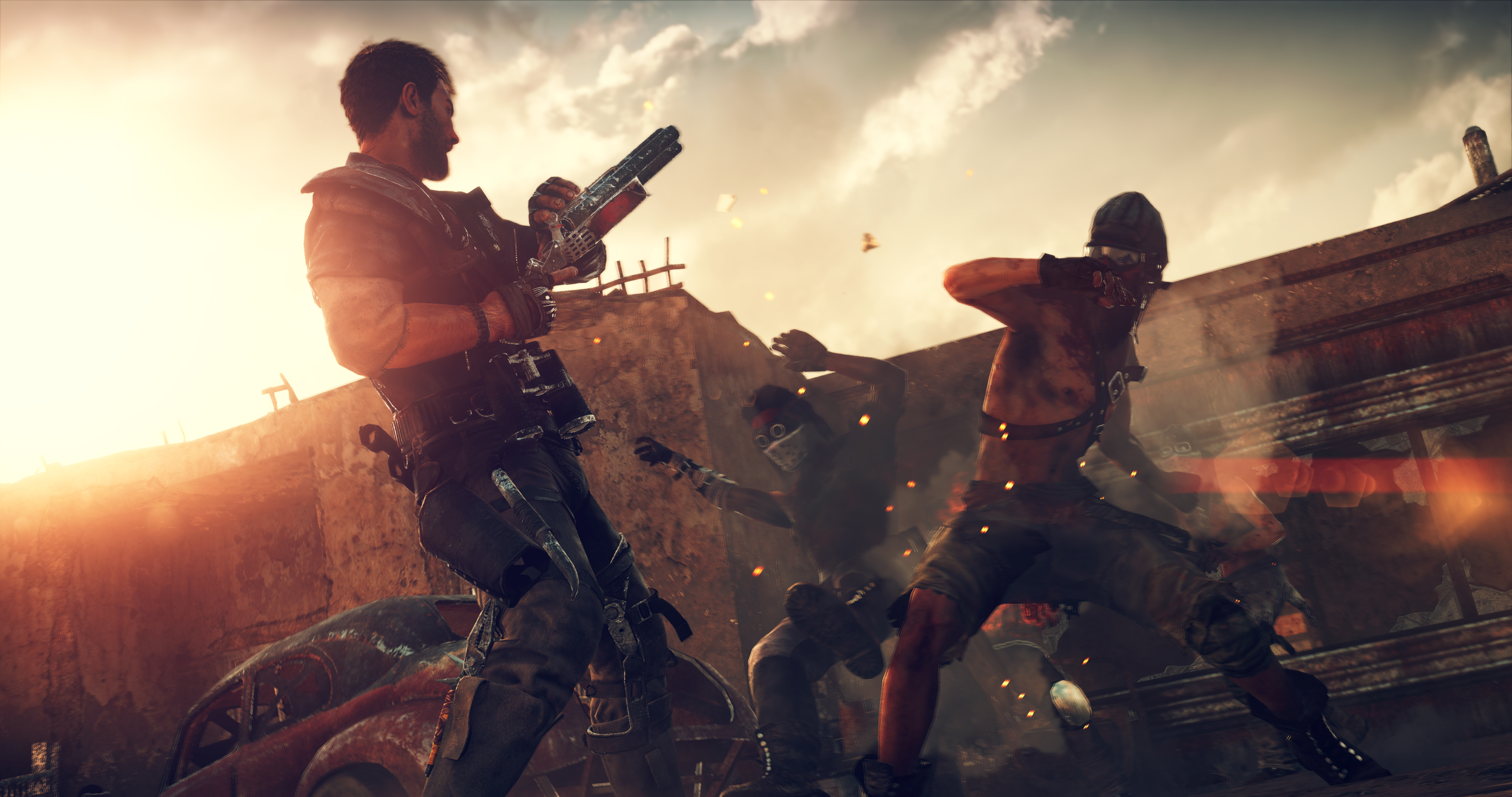
In terms of story and setting, the post-apocalyptic, Australian Mad Max is about as far as you can get from Ghost of Tsushima. However, the games do share three important qualities: a setting that makes exploration worthwhile, a tight combat system and a strong central narrative. (Not every open-world game has these things, unfortunately.)
Like the films, Mad Max follows the titular wanderer as he runs afoul of a warlord, loses his precious V8 car, and goes on an incredibly elaborate quest to get it back. The vehicle combat and customization are top-notch here, and there’s a rewarding community-building mechanic as well.
The Nioh Collection
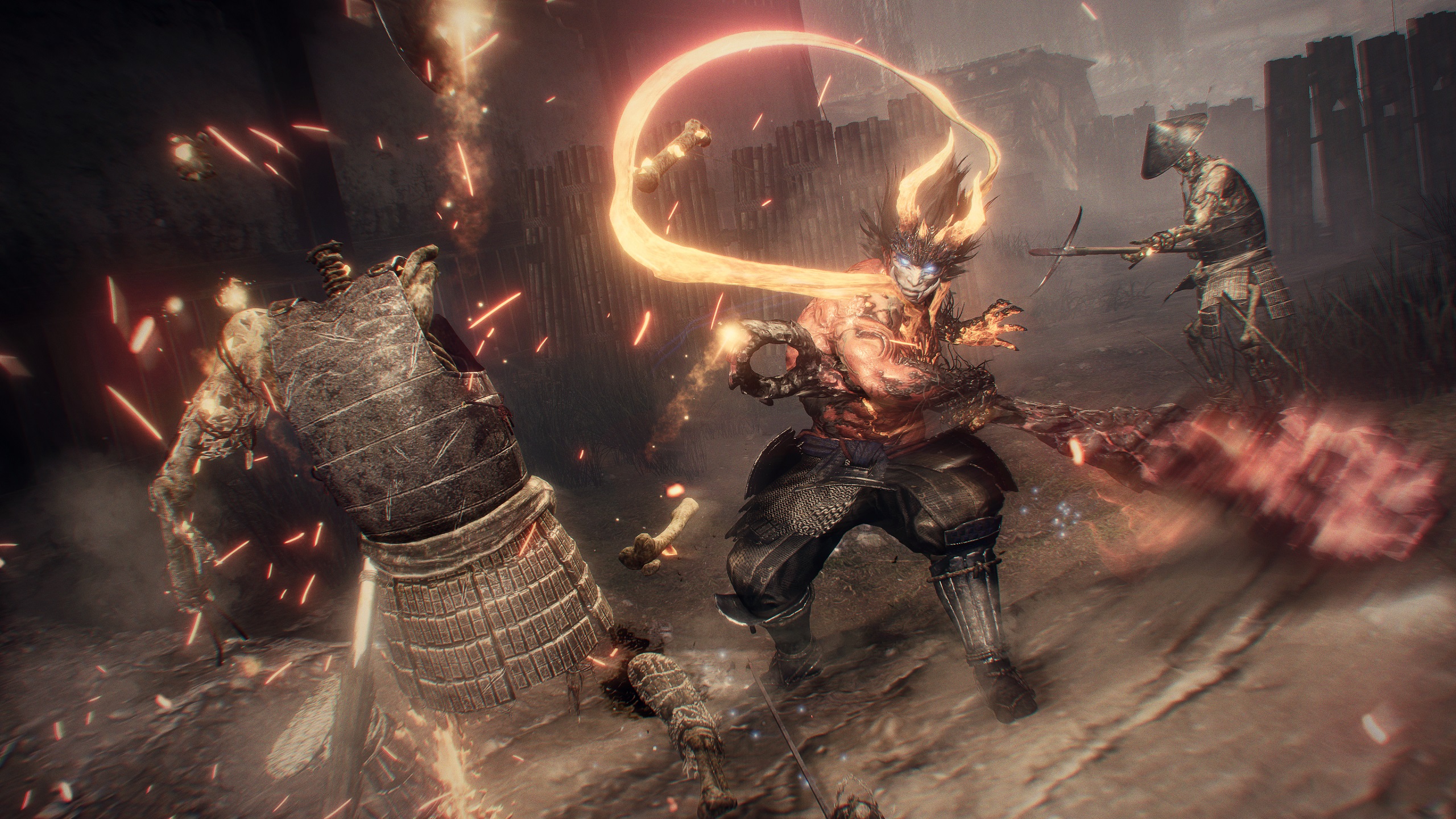
If you like medieval Japan and demanding combat systems, then the Nioh series should be your next stop after Ghost of Tsushima. The Nioh Collection gathers the first two games and gives them slight graphical upgrades for either PC or PS5, including an impressive 120 fps mode.
These games cast you as a samurai in a fictionalized version of Japan, where both humans and demons threaten the island-nation. Both games have good stories and likable casts of characters. But the big draw is the difficult, demanding gameplay, which draws inspiration from Dark Souls, albeit with a much bigger focus on swordsmanship and stances.
Red Dead Redemption
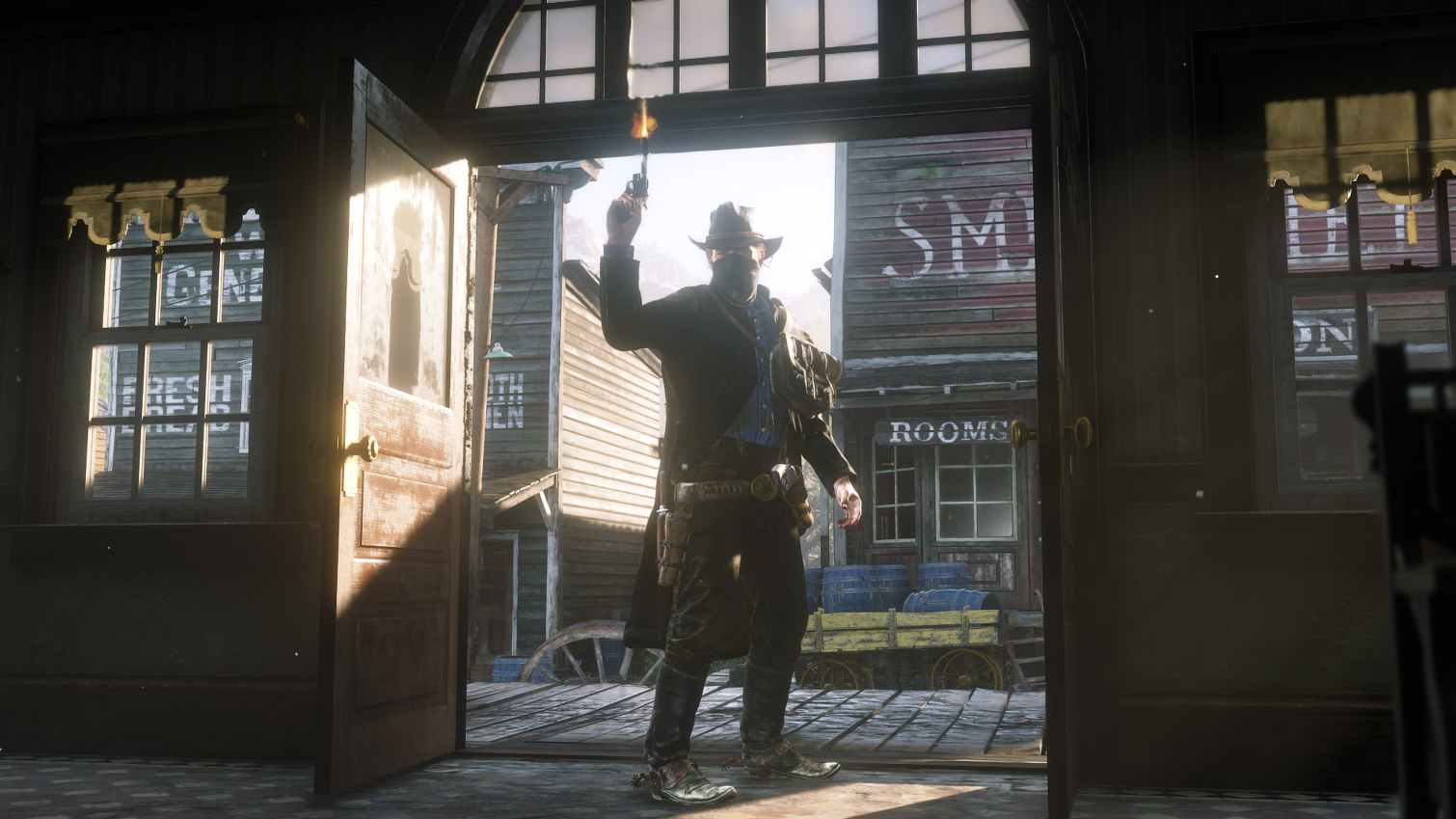
Like Ghost of Tsushima, Red Dead Redemption is another historical open-world game with a dark tone and a revenge narrative. Instead of samurai films, Red Dead Redemption channels Westerns — and any film buff can tell you that the two genres share a lot of the same DNA.
Red Dead Redemption tells the story of John Marston: a former outlaw who must hunt down his old associates. The game has a big, lovingly rendered world to explore, as well as plenty of optional missions to complete and gear to find. You’ll also spend a good chunk of the game on horseback, which should sound familiar to Ghost of Tsushima fans.
Sekiro: Shadows Die Twice
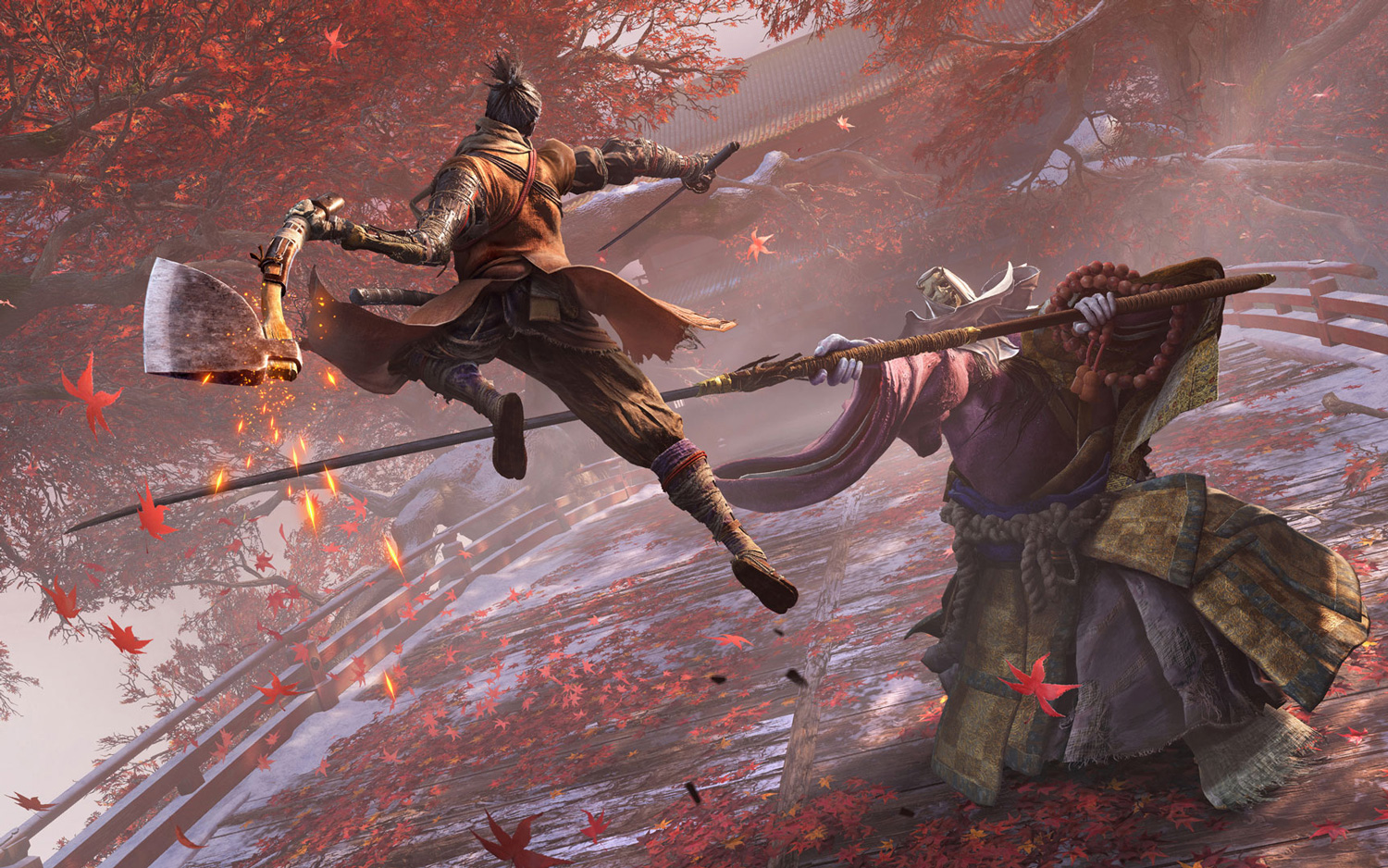
FromSoftware earned acclaim for its Dark Souls series, but Sekiro: Shadows Die Twice is a very different kind of game. Instead of a dark fantasy RPG, Sekiro is a samurai action game.
You take control of a wounded samurai, Sekiro, and guide him on a quest to rescue his young lord, Kuro. Along the way, you’ll pick up a small, customizable arsenal, including a grappling hook, shuriken and firecrackers. Your most valuable tool, however, is your katana, which you can use to parry enemy attacks and break their guard. It’s just as tough as other FromSoftware games, with a much faster pace and a unique setting.
The Witcher 3: Wild Hunt
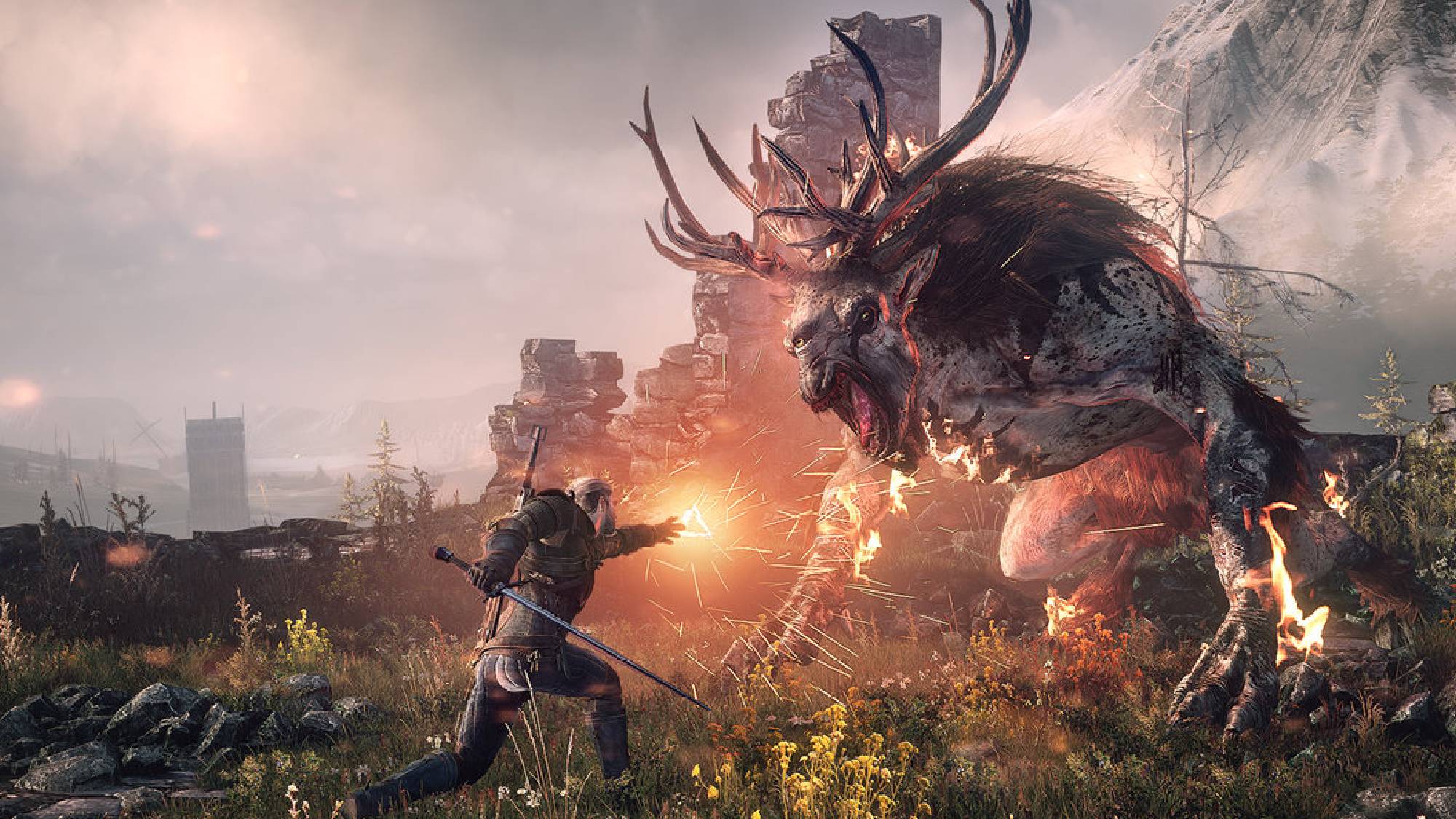
The Witcher 3: Wild Hunt doesn’t have Ghost of Tsushima’s meticulous sword combat. Otherwise, however, the games have a lot of similarities.
The Witcher 3 also features a huge, explorable world where every optional waypoint is worth your time. You’ll ride on horseback across a gorgeous landscape, stopping occasionally to solve interesting side quests or advance an epic main story. Geralt of Rivia, like Jin Sakai, is a complex protagonist who constantly grapples with the darker side of his nature.
You can also customize Geralt’s skills to suit your playstyle. With its expansions, The Witcher 3 can easily last for more than 150 hours, so set aside a big chunk of time.
- Plus: Is Shang-Chi coming to Disney Plus earlier than anticipated?
- PS5 restock update: Where to buy the PlayStation 5

Marshall Honorof was a senior editor for Tom's Guide, overseeing the site's coverage of gaming hardware and software. He comes from a science writing background, having studied paleomammalogy, biological anthropology, and the history of science and technology. After hours, you can find him practicing taekwondo or doing deep dives on classic sci-fi.
 Club Benefits
Club Benefits





